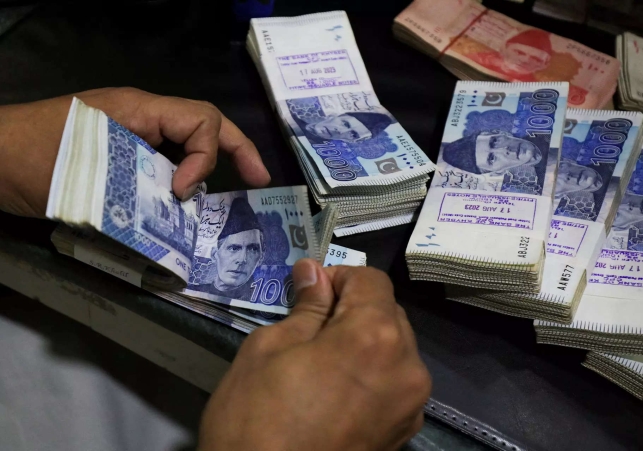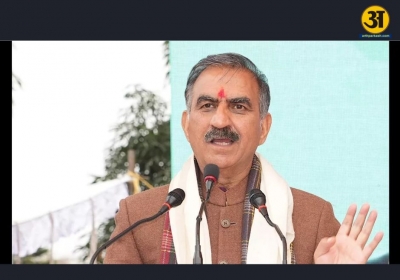
World Bank warns Pakistan ahead of elections
World Bank warns Pakistan ahead of elections: time to make crucial choices
As Pakistan gears up for its upcoming general elections, the World Bank has issued a stern warning, emphasizing the critical importance of making informed decisions for the nation's future. The World Bank clarified that while international lenders and development partners can offer guidance based on global successes and provide some financial support, the fundamental choices and corrective actions must come from within the country. This article sheds light on the World Bank's cautionary message and the challenges facing Pakistan.
World Bank's candid warning
Najy Banhassine, the Country Director for the World Bank in Pakistan, underscored the intricate nature of policy decisions in the country. He pointed out that these decisions often bear the heavy influence of vested interests, including those of military, political, and business leaders.
ALSO READ: Violence and insecurity grip Nigeria: Gunmen kill 8 and Abduct 60
Pakistan's current predicament
Pakistan stands at a critical juncture, facing a multitude of challenges. Approximately 40% of its population lives below the poverty line, while policy decisions are often driven by powerful vested interests, hindering inclusive development.
Economic growth
The World Bank revealed that Pakistan's average real per capita growth rate from 2000 to 2020 was a mere 1.7%, significantly lower than South African countries and comparable nations with similar economic structures. Human development indicators in Pakistan lag behind those of South Asia, with severe consequences, particularly for girls and women.
ALSO READ: Nawaz Sharif to return to Pakistan, faces legal questions
Proposed policy shift
The World Bank suggests a shift in policies, advocating for a move from underfunded, inefficient, and fragmented service delivery and social protection systems toward a more coordinated, efficient, and adequately financed approach. This shift aims to target the most vulnerable, focusing on reducing child stunting rates and enhancing learning outcomes.





